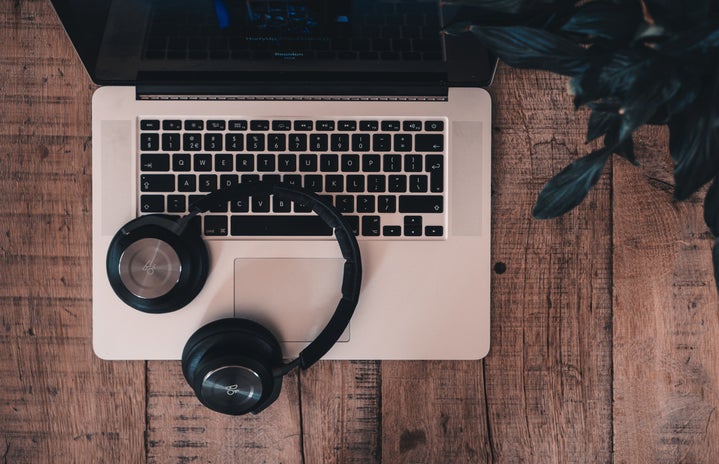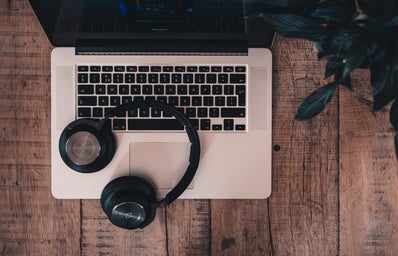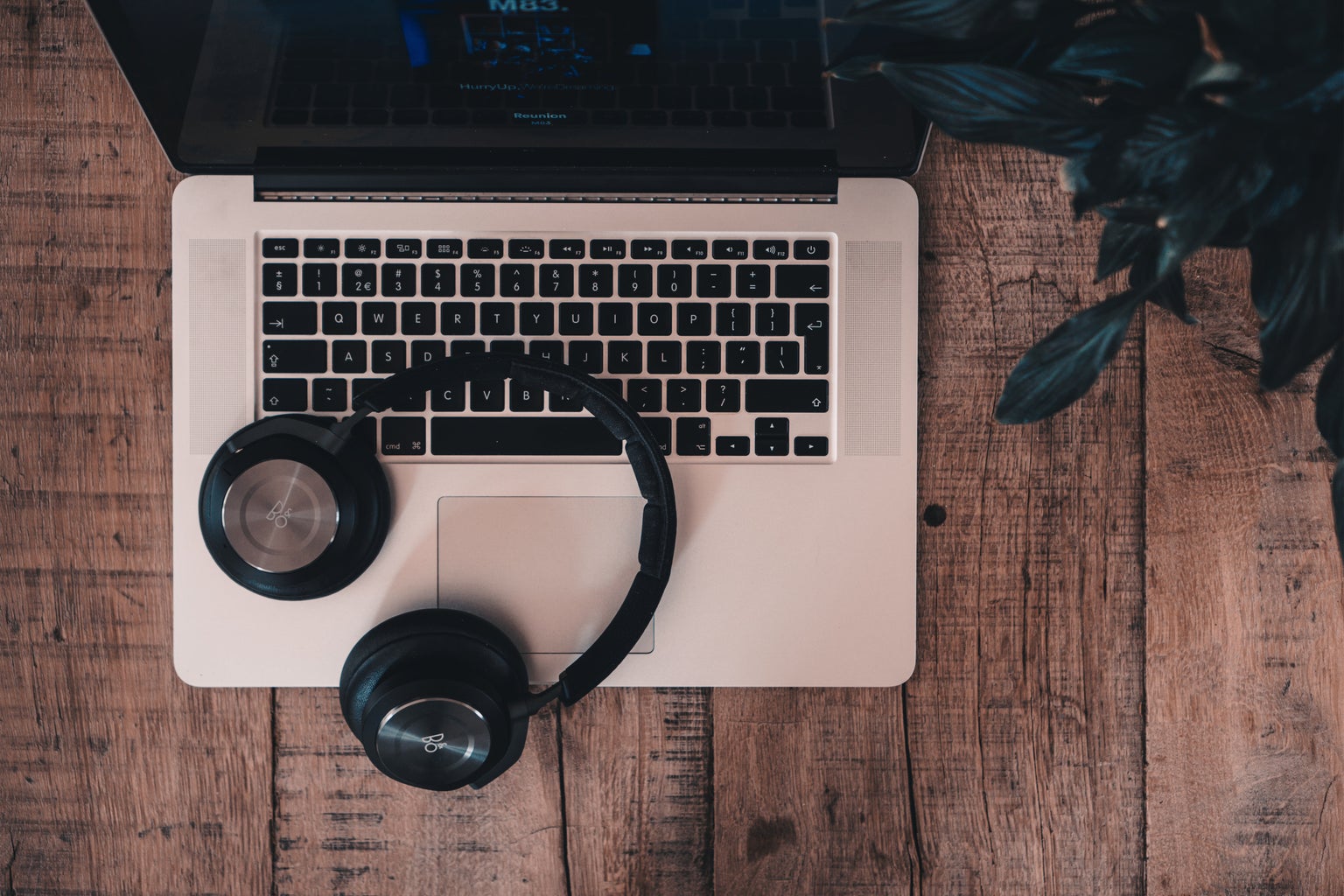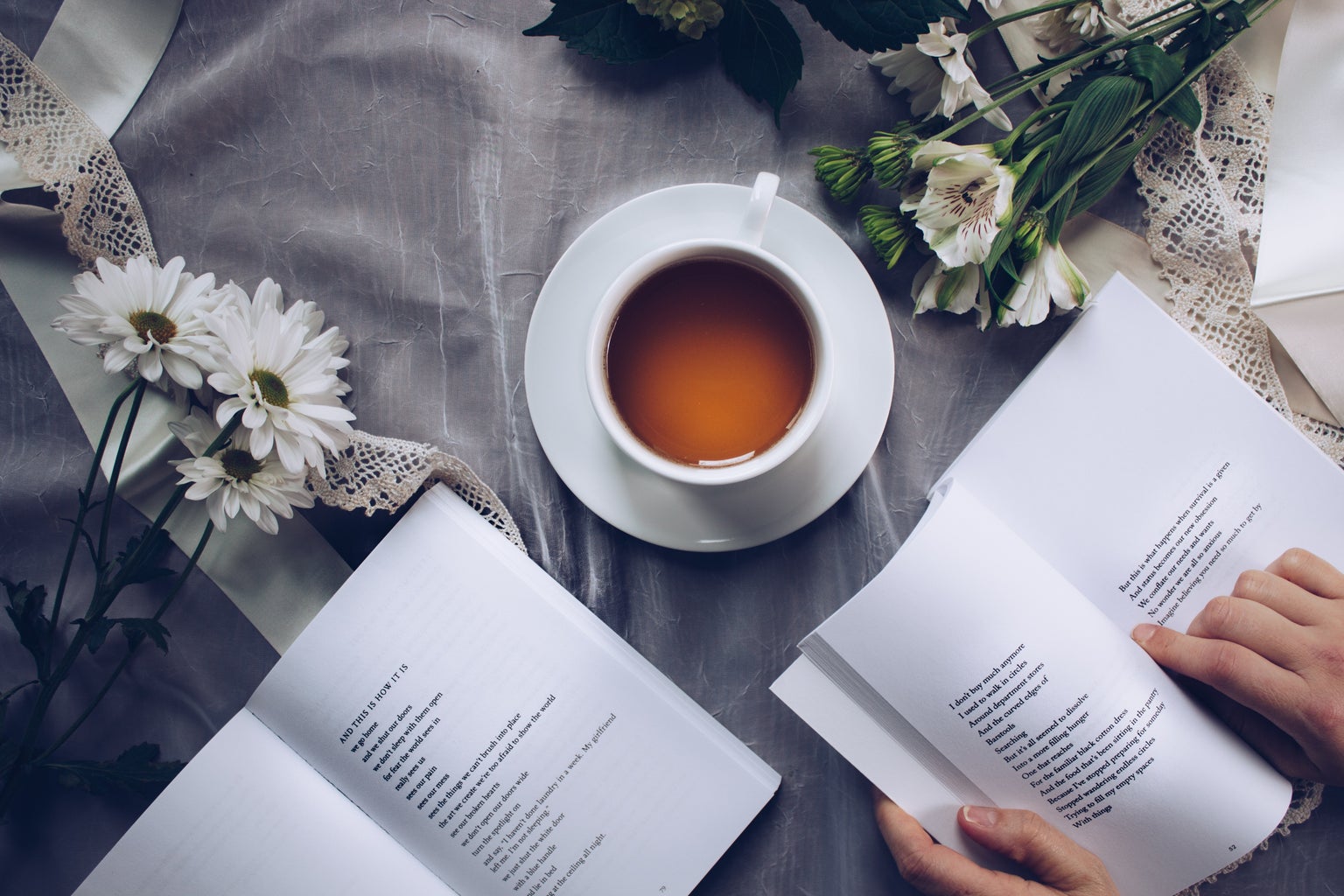I’m sitting at my desk. My folder is out. Glass of water primed. The computer screen is open. I’m ready to work. I’ve been ‘ready to work’ for approximately 55 minutes now. But the only app on my computer is Spotify. Not word, not blackboard, not-
Ooh but ‘ Dancing Queen’ comes on from shuffle play and I have to dance. It’s in the title, ABBA are screaming ‘dance!!!’ at me. Then, up next is ‘Ceilings’ by Lizzy McAlpine; you know that beautiful slow, calming but sad tune. And well, now I’m relaxing, hanging onto Lizzy’s every word.
‘I should really be working,’ I’m thinking, but as one song plays after the other I can’t stop myself from being flung about on this emotional journey of music; a journey I never want to leave.
I’m procrastinating because of my music. Sure, I’m also flicking through Instagram reels (in that hilarious way that you do because you thought you were being cool deleting TikTok) at the same time, but the music is almost always on. There is this comfort in noise, in knowing that your mood will be set if you just let one more song carry on – the kind of song that will fit perfectly into how you feel at that precise moment.
And it’s true. Music is incredible. But learning is similarly important.
Before recently, I always viewed music and learning as two separate entities, but I’ve come to realise that they don’t have to be disjointed. There are plenty of studies looking into the ways in which music aids learning. There are methods to harmonise the two entities, and here are some:
1. Music counteracts stress
Often, learning can induce stress. Sitting down with an ever-increasing pile of things to do can put a certain weight on your mind, but many studies have shown that music can decrease such worry. Brazier references a 2013 study where hormonal indicators of stress decreased when a group of 60 women listened to music for just 30 minutes.
2. Increases concentration
Sometimes, I find myself wandering off into the world of my own thoughts when studying. However, music is something which can bring you back to a place of concentration, centring you. Offering balance and focus which isn’t always there without it.
For example, a study back in 1998 played Mozart to children with Special Educational Needs. It found that, even with changes to the music in aspects such as pitch and tempo, the pupils were able to complete their tasks more efficiently than they had previously.
3. Motivational Music
Not only can listening to music whilst you study help you, listening to it in your breaks has been found to motivate you. With Brazier arguing it offers your brain a ‘reward’ . Music can be something you look forward to when you’ve been studying relentlessly, or even if you’ve just been studying for ten minutes.
4. Increases understanding
The government wrote a paper all about music and learning. One of the key academic findings was that music increased reading capability and comprehension. It was linked to the rhythmic aid which music offers. Similarly, the paper mentioned that music improved memory of words, again increasing students’ understanding of vocabulary and general development.
5. Learning music helps intelligence and creativity
As well as listening to music, many reasearchers have found that the act of learning to play an instrument generally increases student’s intelligence in other parts of education – not just music. Learning an instrument has been linked to high maths scores, as well as increased creativity compared to students who don’t.
Are there problems with listening to music?
Whilst music can aid learning, there are some studies looking into the drawbacks which listening to music can have on our education. The Guardian released an article labelled ‘Drowned in Music’ where Busch looks at the idea that music creates too much stimulation and makes processing harder. Other critics have continued along this vein, arguing that music offers a huge distraction and is not something to aspire to do whilst learning. Most commonly, this form of criticism is tied to vocal music.
What should you choose?
Ultimately, whether you choose to listen to music or not when you study is very much a personal preference. If you decide that music is for you then why not make another Spotify playlist! That’s one of my favourite past-times. My personal challenge to myself is to make all my playlists longer than my ‘To do’ list; in that sense I feel like work and music really is intertwined.
Links to the studies I looked at:





